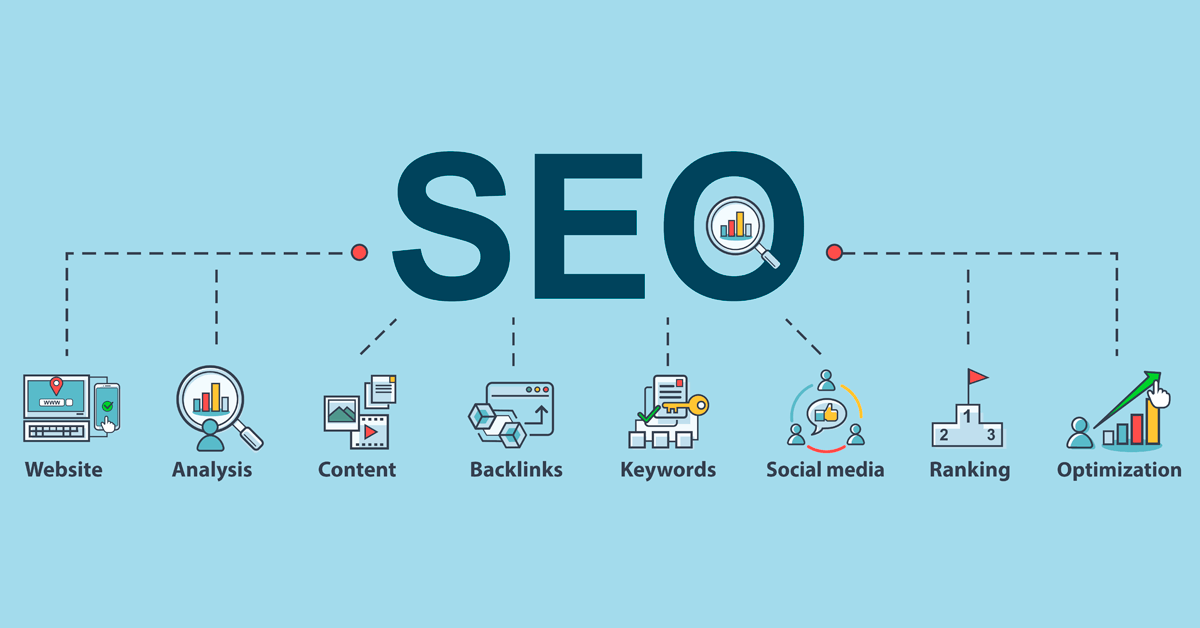If you want to take your on-page SEO to the next level, check out these five advanced tactics. From optimising your title tags to using social proof, these tips will help you get more traffic and conversions from your website.
On-Page SEO tactics are essential for successful website optimization. They help search engines understand what your website is about and how it can be helpful for users. If you’re not an SEO expert, it’s best to let a Professional SEO Agency do the heavy lifting.
Some of the best On-Page SEO tactics include using keyword-rich titles and descriptions, optimising your website’s structure and navigation, and creating quality content that is relevant to your audience.
By implementing these tactics, you can improve your website’s visibility in search engine results pages and attract more visitors to your site.
1. Title Tags
Title tags are one of the most important on-page SEO elements. They are used to describe the content of a web page and are displayed in the search engine results pages (SERPs). The title tag is the first thing that a user sees when they find your page in the SERPs, so it is important to make sure that it is descriptive and accurate.
There are a few things to keep in mind when optimising your title tags:
- Make sure that your title tags are unique and accurately describe the content of each web page.
- Keep your title tags under 60 characters long, as anything over this will be cut off by Google in the SERPs.
- Use relevant keywords in your title tags, as this will help your pages rank higher in the SERPs for those terms.
2. Meta Descriptions
As part of on-page SEO, meta descriptions are an important factor in helping your website rank higher in search engine results pages (SERPs). A well-written meta description can entice searchers to click through to your website, which can help you boost your click-through rate (CTR) and organic traffic.
To write a good meta description, keep it under 155 characters and include relevant keywords for your page. You should also make sure that your meta description accurately reflects the content of your page.
While meta descriptions are not a direct ranking factor, they can indirectly impact your website’s SEO by influencing CTR. So, take the time to write a compelling meta description for each of your web page to help improve your SEO. SEO maple grove is one that can help your business rank higher in the search engines.
3. Header Tags
Header tags, also known as H1 tags, are used to indicate the beginning of a new section on a web page. They are typically used to highlight the main title of a page or post, and can be used to break up text into smaller sections.
While header tags are not necessarily required for all web pages, they can be helpful in terms of on-page SEO. This is because search engines often use the contents of these tags to determine the topic of a page and how it should be ranked in search results.
In general, it is recommended that you use header tags sparingly and only when they genuinely add value to the content of your page. Overuse of header tags can actually have a negative impact on your SEO, so it’s important to strike a balance.
4. Alt Text
Alt text (alternative text) is used to describe images on a web page. This is important for two main reasons: first, because it allows visually impaired users to understand what is on the page; and second, because it helps search engines index the content of a page.
When adding alt text, be sure to keep it brief (no more than a few words) and relevant to the image. Don’t keyword stuff, or else your pages may be penalised by search engines. Read more about this in our guide to alt text.
5. Anchor Text
When optimising a website for search engines, Anchor text is an important factor to consider. The words used in the clickable text on a web page can tell search engines a lot about what that page is about, and helps them to determine its relevance to certain queries.
Anchor text can be a powerful tool in helping a website to rank higher in search engine results pages (SERPs), but it should be used sparingly and with caution. Overuse of anchor text, or using keywords excessively in the anchor text, can result in penalties from search engines.
When used correctly, however, anchor text can be helpful in boosting a website’s ranking.
Conclusion
As you can see, there are a number of advanced on-page SEO tactics that you can use to optimise your website for better search. By using these techniques, you can improve your website’s visibility and ranking in the search engines.

